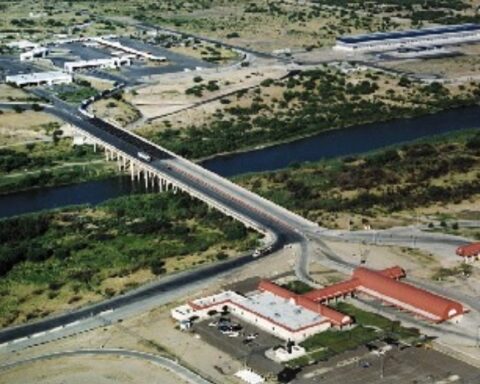New Jersey’s five-year State Transportation Trust Fund prioritizes billions of dollars in infrastructure projects and job creation but establishes additional fees for electric vehicle owners.
The five-year plan, which was signed into law by New Jersey Gov. Phil Murphy, establishes an annual electric vehicle fee of $250 this year — with increases of $10 per year the next four years.
The state said the new fee ensures all motorists using the roads share the responsibility to maintain their conditions.
The legislation involves investing billions to modernize and maintain New Jersey’s statewide transportation infrastructure, Murphy said.
“New Jersey sits at the heart of one of the busiest stretches of commerce in the entire world,” said Governor Phil Murphy. “This legislation will ensure we deliver for them by enabling us to rebuild and maintain our entire transportation system.”
State lawmakers established the New Jersey Transportation Trust Fund in 1984, and it has since been reauthorized seven times. The last reauthorization in 2016 occurred after the previous authorization had expired, halting projects until a new agreement could be reached.
The new law:
- Establishes a five-year program beginning July 1 that annually adjusts the Petroleum Products Gross Receipts Tax rate by updating the statutorily prescribed revenue target, commonly referred to as the “highway fuel cap,” which is currently based on 2016 highway fuel tax collections.
- Authorizes roughly $10.37 billion in appropriations for the State’s Annual Transportation Capital Program from FY 2025 through FY 2029. Of that amount, an estimated $2.3 billion will be passed on as state aid to counties and municipalities for transportation projects.
- Provides up to $8.84 billion in bonding authority to the Transportation Trust Fund Authority over the five-year period — approximately $1.76 billion annually.
- Provide roughly $1.5 billion in pay-as-you-go funding for transportation projects.
- Grows the $2 billion maximum annual capital program amount by 3% per year in years three, four and five of the reauthorization, which coincides with the end of the federal Bipartisan Infrastructure Law funding. This incremental revenue growth will be split evenly among NJ DOT, NJ Transit, county governments and municipal governments, providing greater investment at the county and local level, the state said.
- Provides an additional $91.75 million to NJ Transit over the last three years of the program to augment the $767 million the agency currently receives annually from the TTF to fund new capital projects. By year five, NJ Transit will receive over $813 million annually for capital projects, the state said.
- Delays the annual tax rate adjustment for sales of gasoline and diesel motor fuel by three months, from Oct. 1 to Jan. 1.













